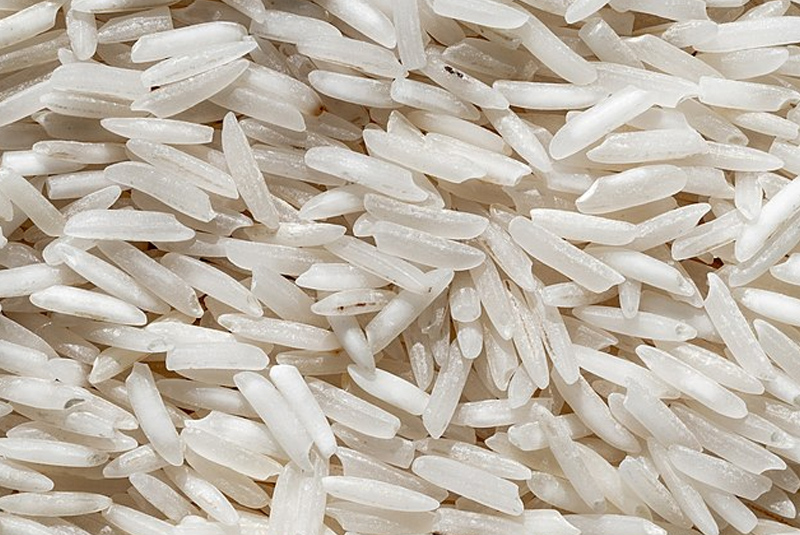Basmati, meaning queen of fragrance, is a superior grain of rice. It is a slender grain with a distinct aromatic flavour. For centuries, Indian farmers have cultivated Basmati rice along the foothills of the Himalayas. Culturally, it is identified with Indian food.
However, on September 2, 1997, a U.S. based corporation, named RiceTec Inc., was awarded a patent for Basmati rice. It is interesting that the patent was awarded not to a company belonging to India, Pakistan or Bangladesh but to an American company.
How/Why did this happen? What are the implications of such patent claims?
For generations, farmers in the subcontinent studied and experimented with its cultivation, developed it to fit ecological circumstances, culinary demands, and flavours. However, Indian and Pakistani companies or governments did not have patents on Basmati rice.
-30-
Copyright©Madras Courier, All Rights Reserved. You may share using our article tools. Please don't cut articles from madrascourier.com and redistribute by email, post to the web, mobile phone or social media.Please send in your feed back and comments to editor@madrascourier.com











